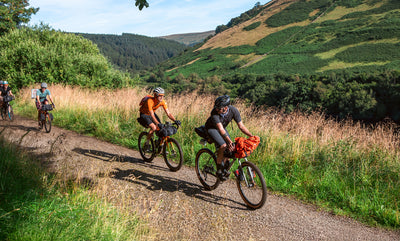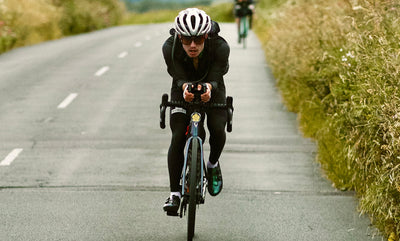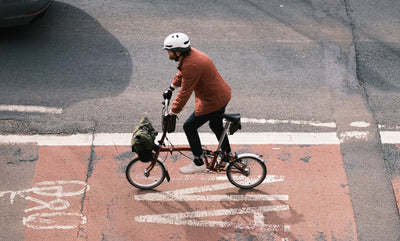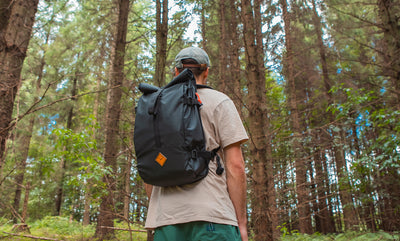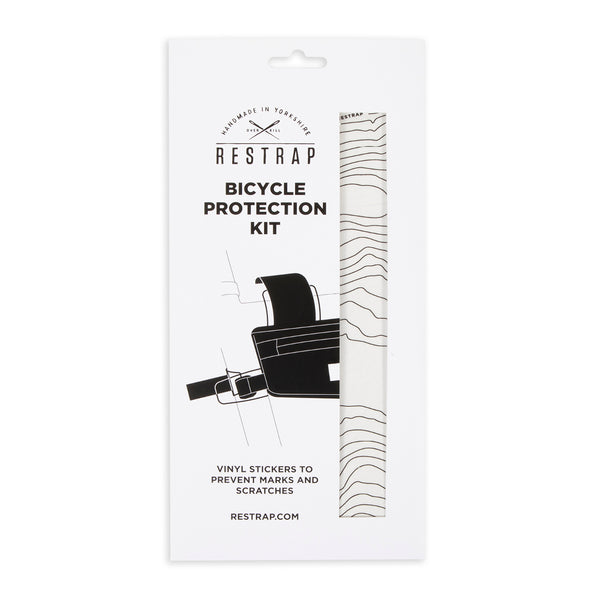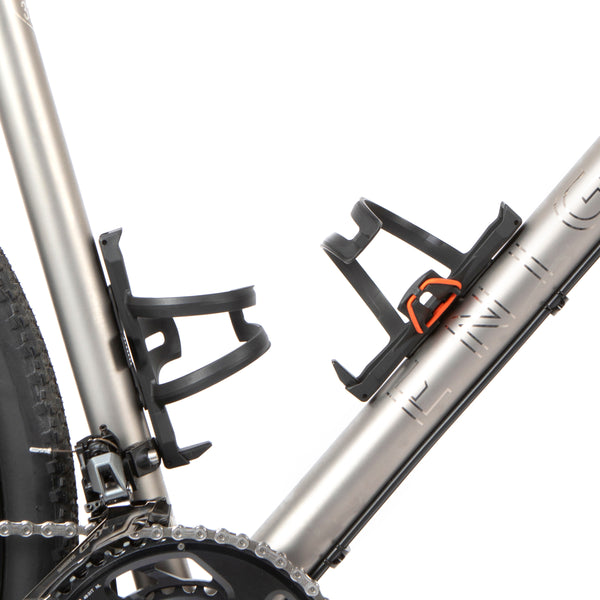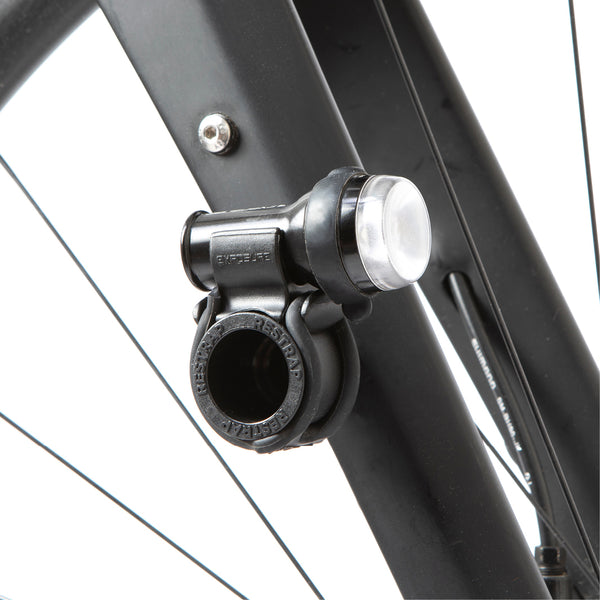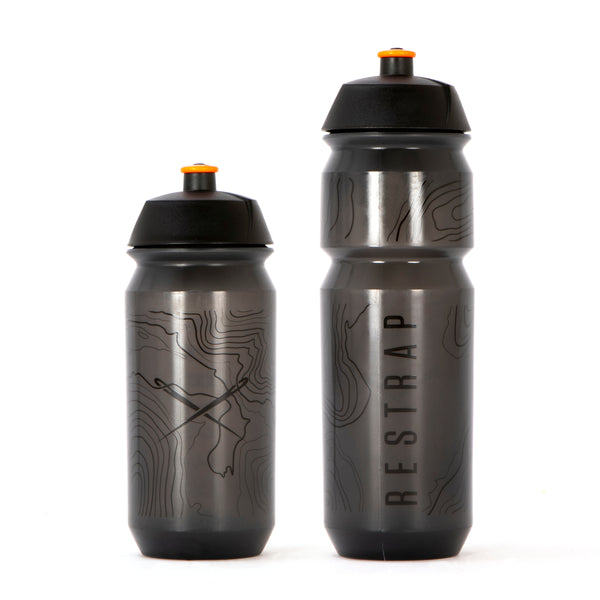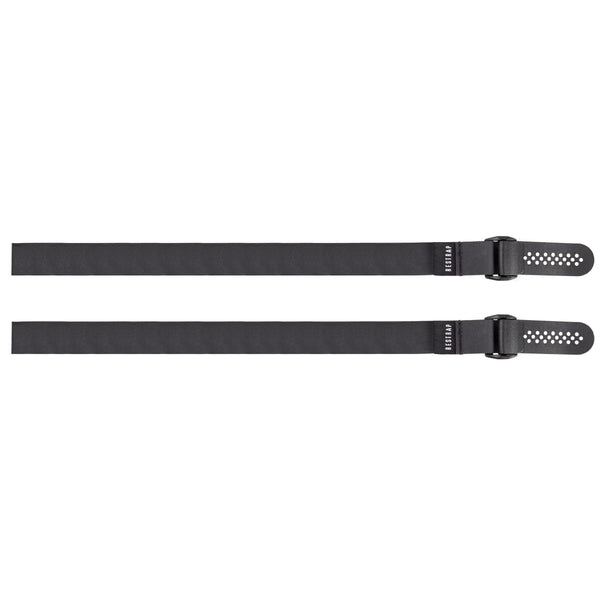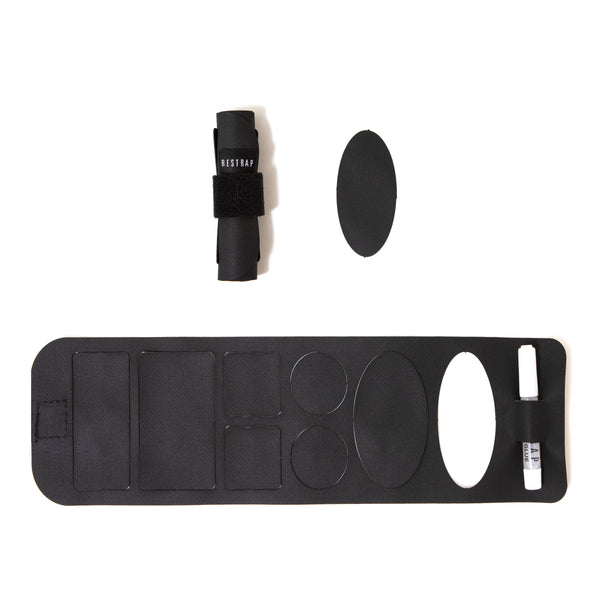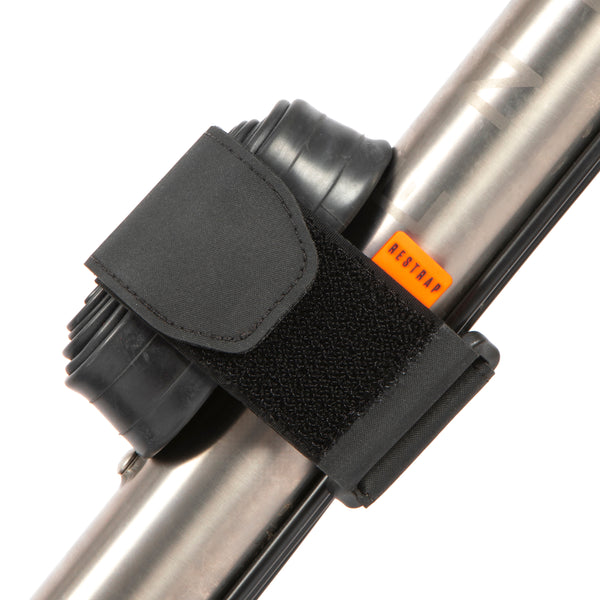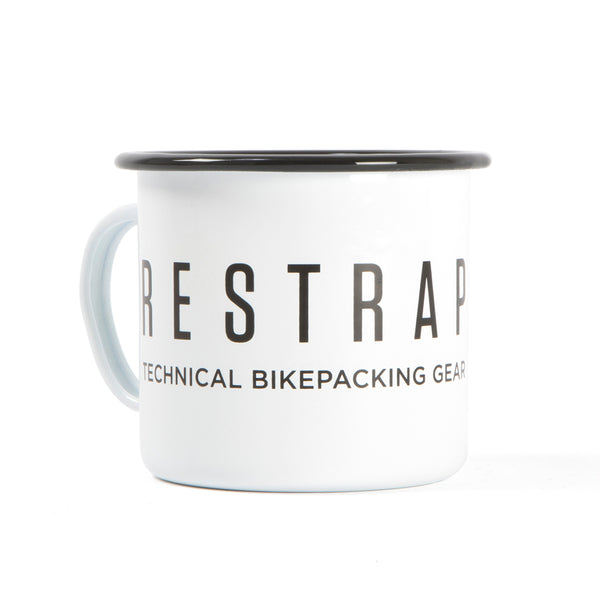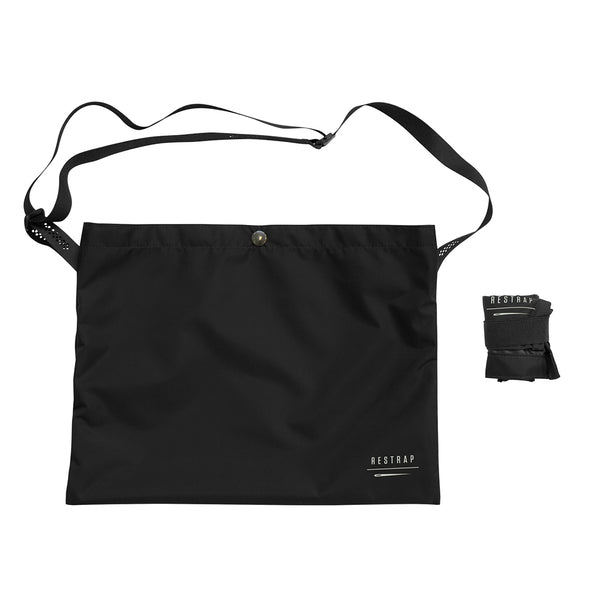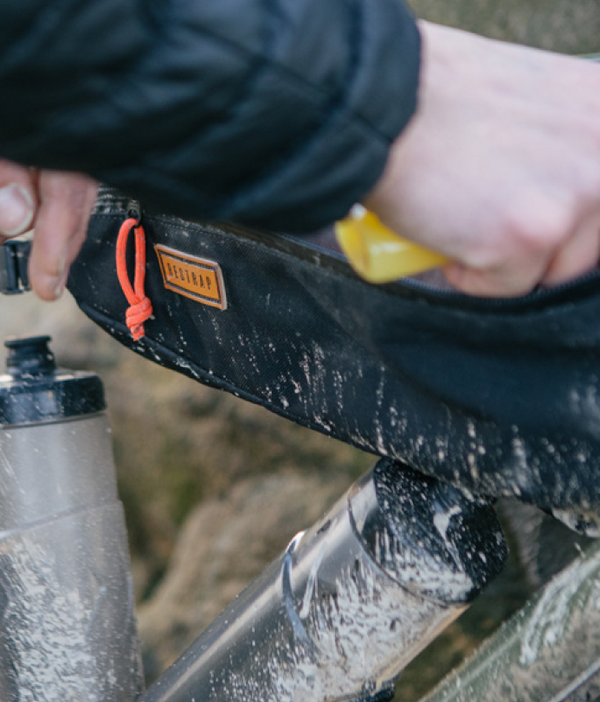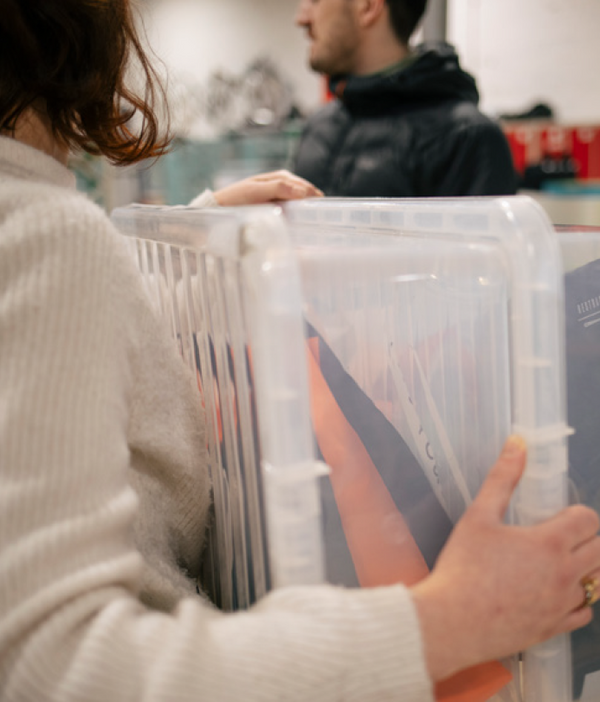Your cart is empty!
Riding through the darkness

I was always able to hop on a bike, press down on the pedals and by the time both feet had clipped in I would be in my own world. No matter what would be going on at the time, I would have my escape, get time to think if needed or to completely switch off if that was preferable.
That physical freedom of being (mostly!) in control of where you place your tyres and the mental freedom of having your own headspace has never been matched by anything else.
It is safe to say that for me riding bikes is an addiction, less hobby, more raison d'être.

As such I have never been all that concerned with how I compare to others, my view has always been that no matter what you do there will always be someone better and there will always be someone worse. I would just ride whatever I wanted to and have fun doing so.

So what happens if it stops being fun? When you find yourself in the Alps, at the top of the Tignes lift, under clear blue skies with quite literally nowhere else in the world you need to be but riding the bike beneath you and it's giving no joy at all?
Nearly two years ago I was diagnosed with Depression. To say that since then life has been difficult is a bit of an understatement but I sought out help, have learnt a tremendous amount and am in a much better place now.
Yet while speaking to professionals, friends and family is invaluable in figuring out the nuances of relationships, work and life in general, one battle that I felt I was completely alone in facing was the fight to enjoy riding my bike again.

One of the first things you are encouraged to do when you speak to someone about improving your mental health is to get outside and do some exercise. This sounds great, I’m otherwise a fit and active young person so it should be easy.
A major symptom of Depression is a lack of motivation to do the things that otherwise would interest or excite you, so it is unsurprising that it is not quite as simple as hopping back on a bike as soon as someone tells you exercise will help.
However, in time, it does happen, you finally get a break in the crappy winter weather that coincides with the metaphorical dark clouds in your mind clearing for long enough to muster the motivation to turn some pedals. I wasn’t naive enough to think that it would fix everything but I thought at the very least it would make me feel better for a bit.

The truth is that for months and months it caused more harm than good. I would feel worse for days after a ride, rather than better.
I can remember more times than I care to the feeling of finishing a trail, looking over at whoever you were riding with, seeing their look of elation and know that we both felt very different things.
This wasn’t the same as feeling depressed, where the very concept of happiness or joy seems futile and inconceivable. This is a sensation that you know intimately, the cocktail of adrenaline and endorphins that you have indulged yourself with for years, the effects of which are clear to see plastered all over your friend's face but yet for some reason you don’t share.
You have just ridden the same trail, the same turns at the same speed as the person standing in front of you, so why does it not feel the same as it always used to?

That was my flaw, coveting the feeling that once was.
I have come to learn that improving your mental health is largely about embracing growth but to do that you must first accept the crucial fact that things will never be the same as they used to be.
Accepting this is difficult, it is a scary leap into the unknown, it is much easier to cling on to the hope that you will go back to feeling how you felt before. However why would you want that? The multitude of experiences, interactions and thoughts that was your life brought you to a place where you saw no joy in the world so something has to change or you will only end up returning to that same place.
Once you embrace this growth you are able to view the whole experience not as a curse but an opportunity. An opportunity to learn and become a better person, for both yourself and those around you.

I will certainly not profess to be any sort of expert but if you have found yourself relating to any of this I will say three things that may help, I’ll not call it advice but simply things that helped me:
-
There are no shortcuts or inside lines, seek out professional help, listen to both them and yourself and in time you will see real progress.
-
Treat it like any other illness or injury because that is exactly what it is, you can’t expect to get back on the pedals and ride at the same level straight away, take it slow and ease back into it.
-
Taking a camera with me gave me something else to focus on rather than my own riding whilst still getting outside with friends. It didn’t matter as much that I wasn’t getting the enjoyment out of pedaling, it could still be a ‘successful’ ride if I got a shot I was happy with.
The good news is that there is a tremendous amount of light at the end of the metaphorical tunnel that gets brighter the more you learn. In the last few months I been able to properly enjoy riding again, it certainly didn’t happen overnight but because of this it ends up being all the more worthwhile.

Thanks for reading and happy pedalling!
Euan Camlin














